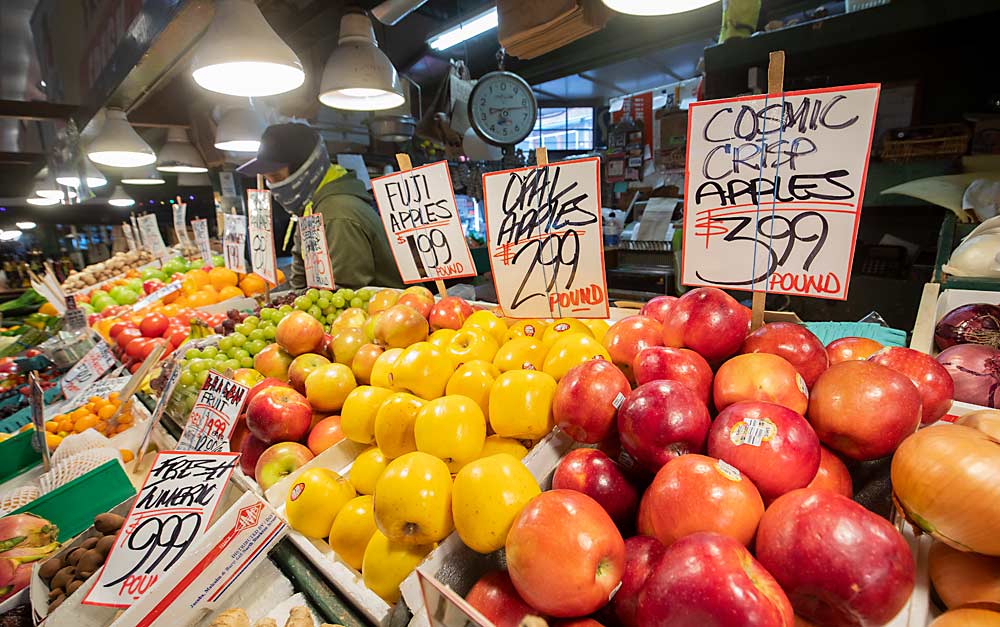
The Cosmic Crisp reached celebrity status its first year on the market. Prices, demand and media attention all soared.
Its sophomore year has been a little less exciting.
The coronavirus pandemic altered the habits of retailers and shoppers who chose to stick with cheaper, tried-and-true varieties, putting downward pressure on prices and slowing shipments of Washington State University’s apple.
Industry officials expect the pandemic-driven market trouble to be short-lived, but not every producer shares their long-range confidence.
“It will work its way out of this temporary setback,” said Brian Focht, manager of the Washington Apple Growers Marketing Association.
F.o.b. prices for Cosmic Crisp averaged $43 per 40-pound box in late March and early April, down from $72 the previous year, he said. Shippers held out at the higher price point for about 10 weeks, but eventually conceded in order to move fruit, Focht said. Retailers, in turn, lowered prices on store shelves. Advertisements and store produce sections routinely promoted Cosmic Crisps at $1.99 per pound or less and extended their marketing season through May and June.
“We just didn’t get the launch that we got last year,” Focht said.
Supply and demand was part of the difference. Washington warehouses packed only 365,000 boxes fresh-pack in the 2019–2020 season. That’s expected to jump to 1.6 million boxes this year. Meanwhile, elections, racial tension, wildfires and the coronavirus left little room in the news for apples, Focht said.
In fact, the virus was the big culprit, Focht said. Promoters couldn’t visit produce buyers in person. Stores couldn’t host demos. Food trade shows went virtual. Few produce managers set up creative displays. Apples overall have inched up in pricing, Focht said, though premium apples, such as organic Honeycrisps and club varieties, have taken price hits.
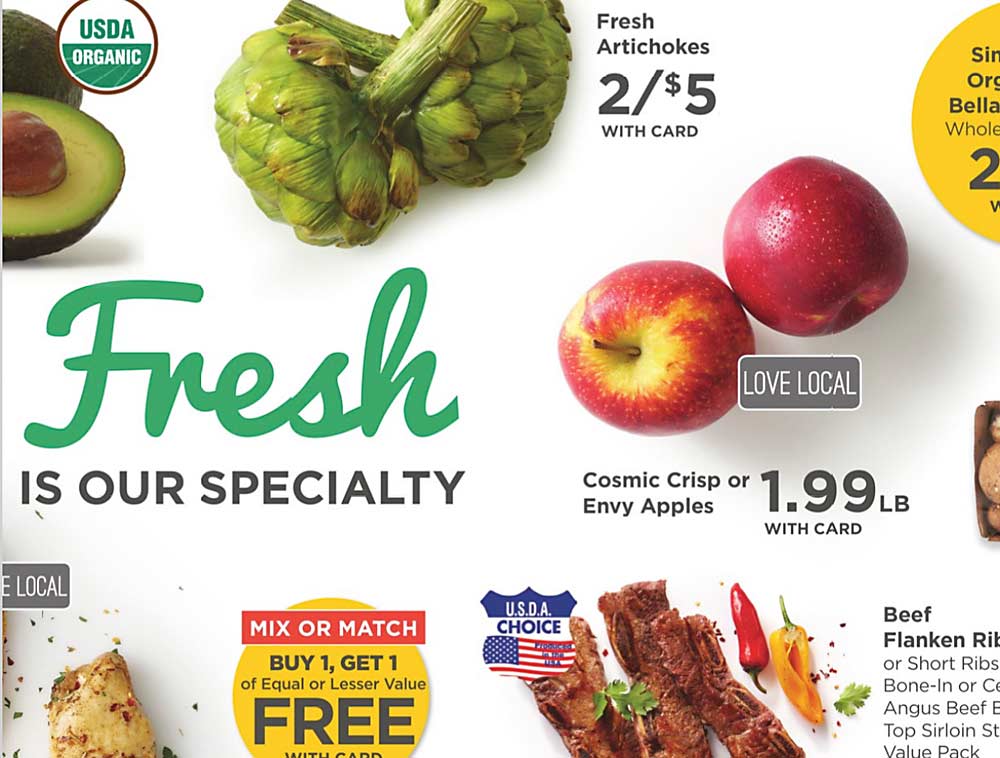
Nielsen data for Nov. 29 through Feb. 27, shared by Domex Superfresh Growers, show impressive growth of Cosmic Crisp, up by more than 70 percent by volume over the same period the previous winter. The average retail price of $2.63 per pound “should drive further adoption,” according to the company’s news release.
The bad news, however, is that sales value didn’t keep pace with volume, going up by less than 50 percent. Other branded apples experienced price softening, too.
Mike Robinson of Double Diamond Fruit in Quincy suspects problems will transcend the pandemic. The royalty structure requires high prices that he doubts the Cosmic Crisp can sustain with the projected rapid rise in volume in the coming years.
“This apple, based on the numbers that are coming, has to do better than any other apples we’ve introduced,” he said. “And it’s not doing that this year.”
WSU expects about 10.5 million boxes to reach the market in 2022.
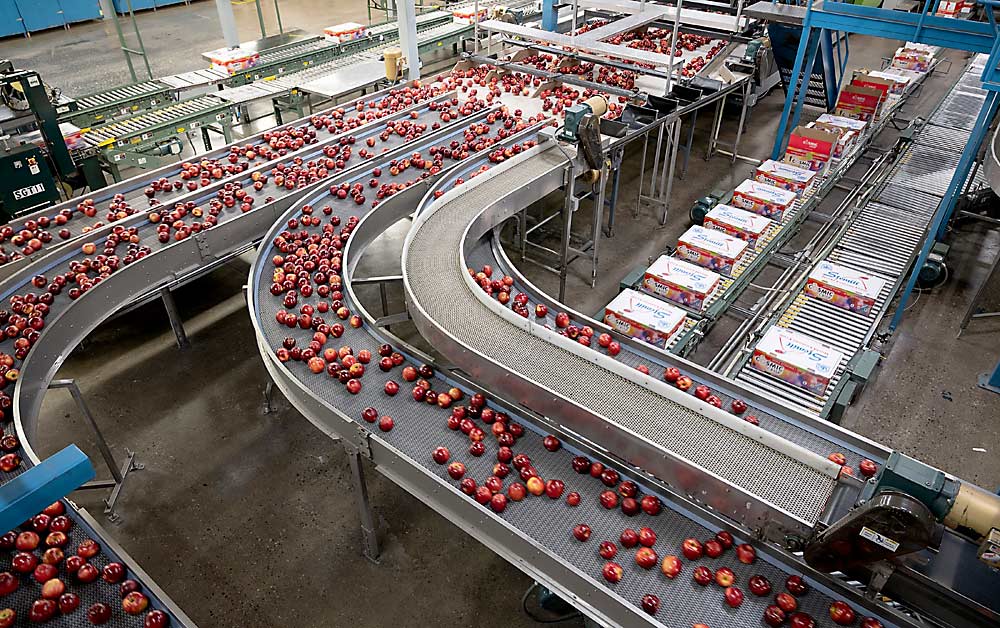
Meanwhile, some warehouses have been noticing problems with grease, or natural wax, on the Cosmic Crisp at packing time. “It may be grower friendly, but it doesn’t seem to be packer friendly,” Robinson said, though he stressed he likes the apple for how it eats and stores.
The industry was given seemingly conflicting advice about harvest timing, he said. Growers were warned not to pick fruit early, or it won’t be tasty enough, but wait just a touch too long and they end up with waxy fruit that’s hard to clean up on the packing line. Finding the sweet spot is easier said than done.
Carolina Torres, WSU endowed chair of postharvest systems, has been surveying packers about greasiness and other characteristics of the Cosmic Crisp. Results are still pending, but the share of greasy apples seems less this year than last year, she said.
Sometimes the greasiness doesn’t show up until the apple is on store shelves at room temperature. Carnauba, a palm oil-based wax, is especially permeable to the apple’s natural wax, Torres said.
She also has noticed variability between lots. She aims to find common threads that tie greasiness to certain growing areas, harvest timing, tree maturity, storage practices or other factors.
“We’re going to put all of that in the blender to understand the greasiness situation,” Torres said.
The university and Proprietary Variety Management are trying to develop more tools to help growers make such calls, said Torres and Jill Burbery, communications and operations manager for PVM, the Yakima company hired by WSU to manage the commercial rollout of the WA 38, the Cosmic Crisp’s name before it is packed. They’ve always relied on starch scales, but they envision phone apps or booklets that use photos with color guidance or even metrics from pressure meters or dry matter.
Lynnell Brandt, president and CEO of PVM, called all the problems temporary. “Certainly, this last year has been a trying year for the entire industry,” he said.
In a WSU webinar in February, the company said the Cosmic Crisp at one point had the highest average retail price in the United States and that a small number of apples were expected on store shelves in Italy this year, as the first international license to reach the market. Other topics included royalty updates and tree planting trends.
Attendees sent in dozens of questions about everything from international license enforcement (left up to the license holder in each region, because they have the incentive to police their own backyard), marketing efforts (broad and ongoing with some in-store sampling to resume this year) and fruit quality in some Yakima-area retail stores (it’s up to everybody to stem clip and pack only high-quality fruit).
As for prices, PVM licenses growers and shippers but does not get involved with any sales, Brandt said. He also reminded the industry that all WA 38 trees are still, at most, in the fourth leaf and therefore unpredictable — a sentiment echoed by WSU researchers.
“As we get more age in the bulk of our acreage out there, a lot of those things will be alleviated,” he said. •
—by Ross Courtney
Editor’s note: This story was corrected to say that WSU hosted the February webinar, not PVM.

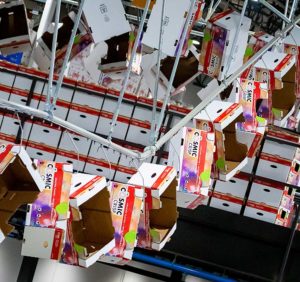
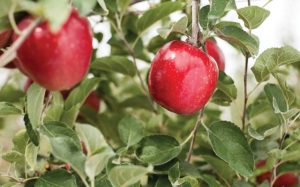





Leave A Comment